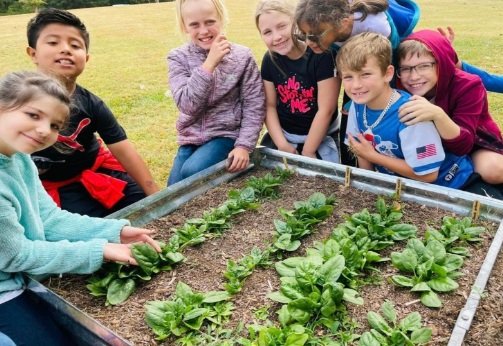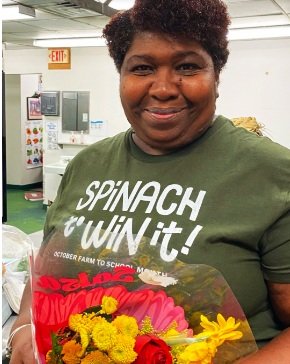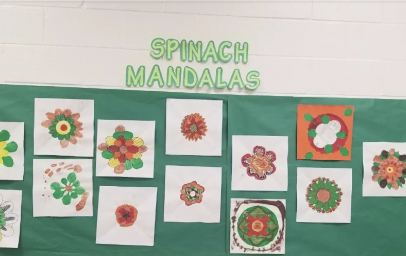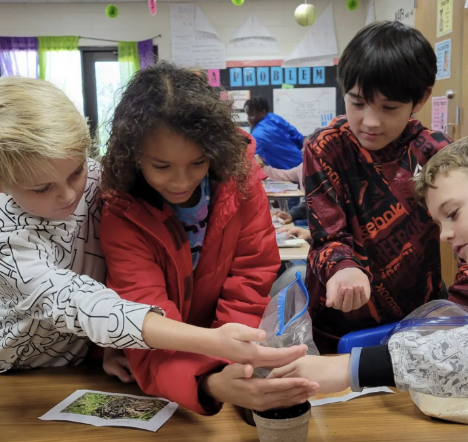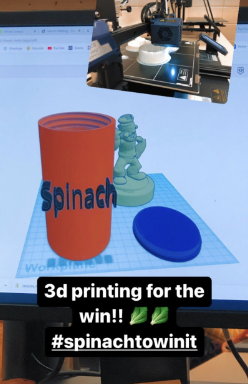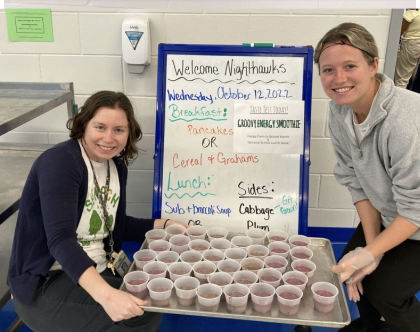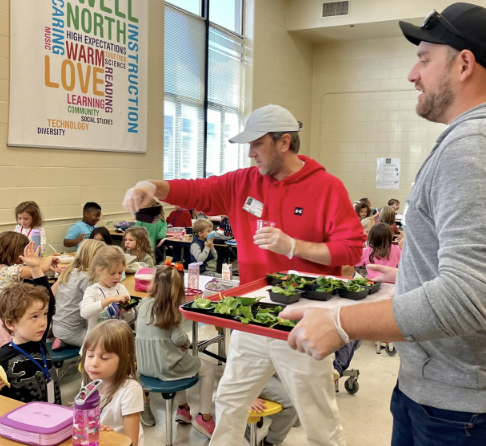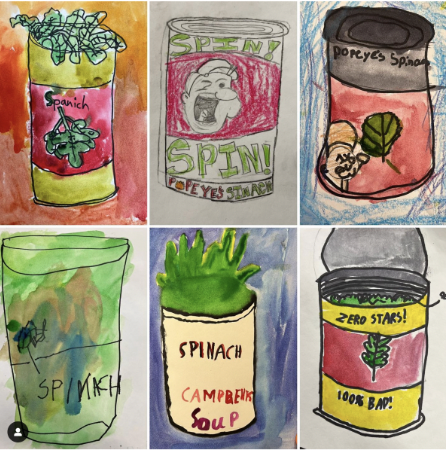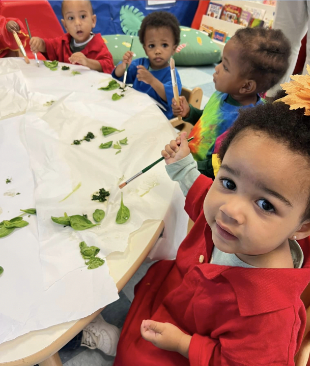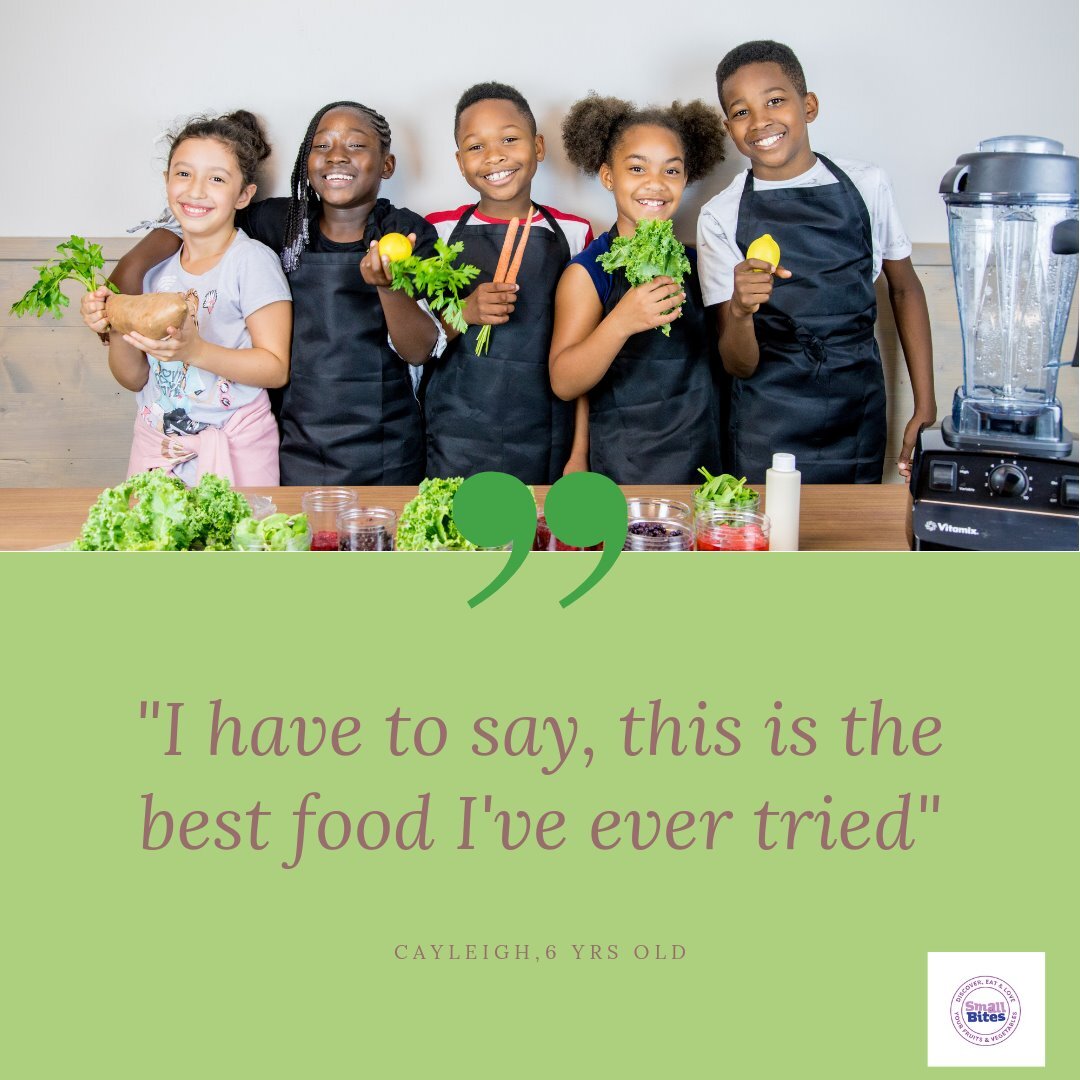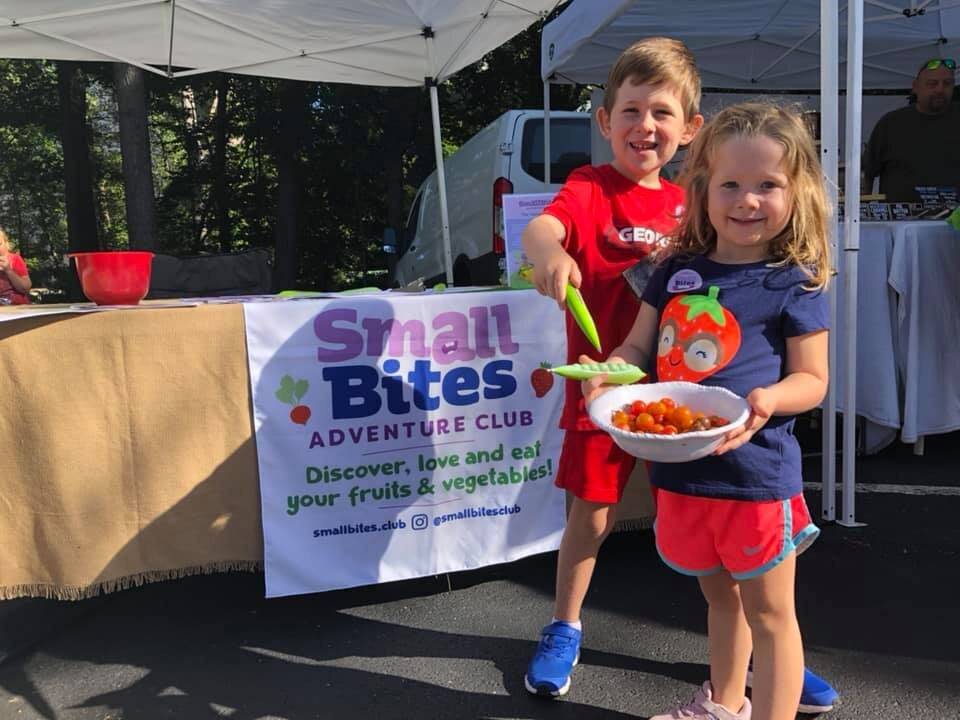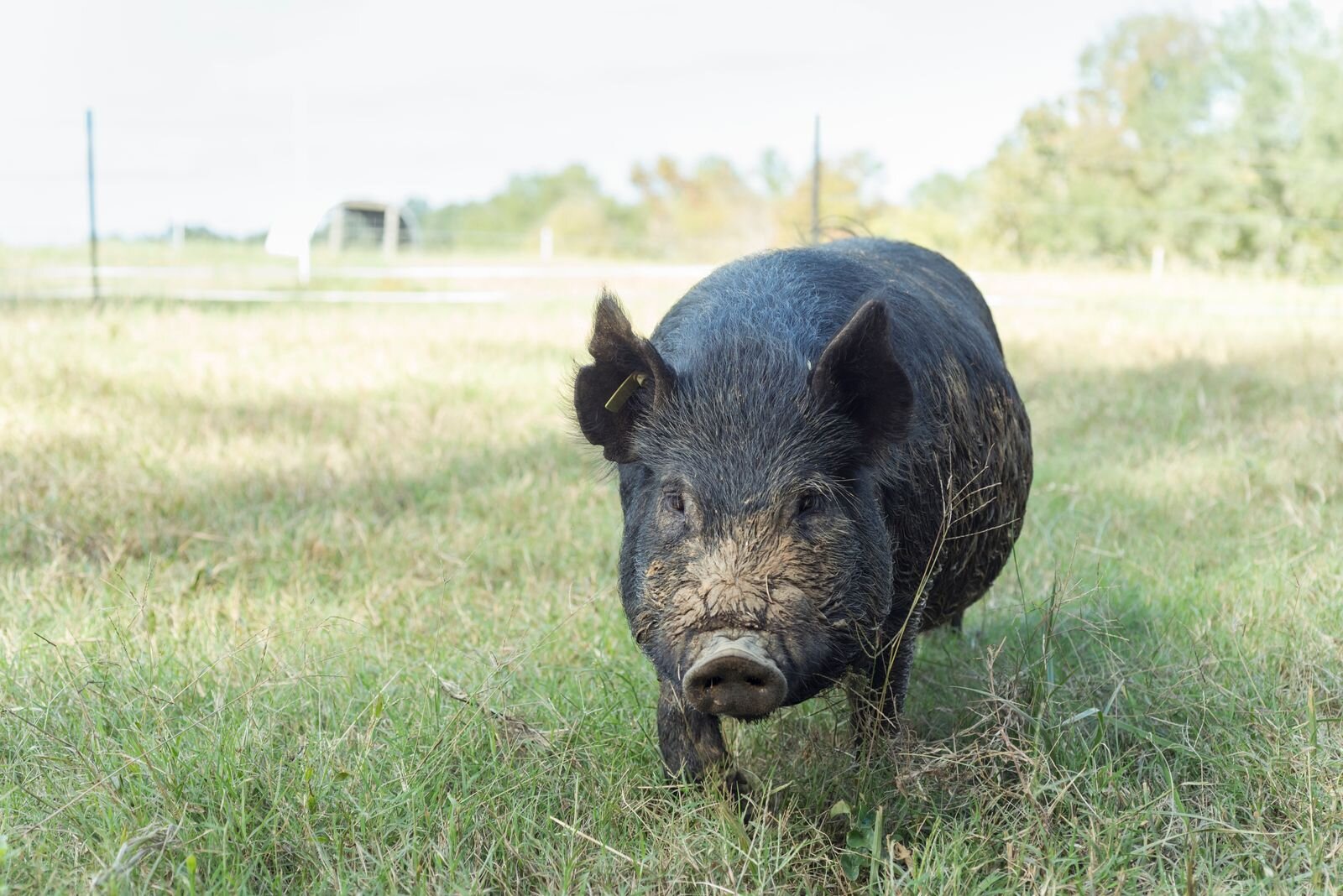Author: Laura Edmonds, with support from Kimberly Koogler
Laura Edmonds supports Georgia Organics’ Community Collaborations work in West Georgia. She lives in Carrollton and is a farm and market crew member at two organic farms in the West Georgia area. Kimberly Koogler is Manager of Community Collaborations for Georgia Organics.
“CAFI Farm Corner”, May 21, 2024
Wolf Pup Produce Market Day at University of West GA PreK, May 17, 2024
Since 2017, Georgia Organics has been engaging West Georgia families in learning about, growing, and purchasing local, healthy food. Recently, Georgia Organics has deepened its roots in the area with new partnerships and activities as part of its ongoing Farm to Early Care & Education programming.
Over the past few months, Georgia Organics’ Community Collaborations team partnered with local farmer Terri Parmer of High Spirits Farm to work with students and staff at the University of West Georgia Early Learning Center and the Community Action for Improvement‘s (CAFI) Carrollton Head Start. Together, they grew seasonal vegetable gardens with turnips, kale, collards, lettuce, spinach, radishes, dill, strawberries, marigolds, and more. Every month, Farmer Terri spent hands-on time in the garden with students, read to classes about farming and healthy eating, and even brought in one of her hens, Ms. Betty, to visit.
Community Action for Improvement’s Quinecia Styles-Smith with students in the garden at Carrollton Head Start
Farmer Terri Parmer and her hen, Ms. Betty, visiting students at the University of West GA’s PreK Program
Farmer Terri Parmer and students examine hakurei turnips growing in the UWG PreK Program’s garden
In May, students closed out the school year by hosting and inviting their families to a mini farmers market at each center where they could experience first-hand what the children had been growing and learning. To prepare for the market, Farmer Terri led students in harvesting and washing their produce. Each center then set up market displays and sold their products to their “customers,” feeling the pride of providing their community with local, healthy food they grew themselves.
Students and their families choose produce to purchase with their “Head Start Bucks” at the CAFI Farm Corner
Carrollton Head Start student purchasing school garden grown lettuce mix at CAFI Farm Corner
Farmer Terri and UWG PreK students harvest carrots from their school garden
Students and their families purchase produce at the Wolf Pup Produce Market Day at UWG PreK
Students and families also visited a weekday pop-up market featuring farmers and local vendors from the Carrollton Cotton Mill Farmers Market. The market attracted over 200 visitors who enthusiastically shopped, participated in a scavenger hunt, and sampled seasonal produce. The event gave Georgia Organics and its early care center partners an opportunity to feature their work in West Georgia, including the West Georgia Family Farm Share, a low-cost, seasonal farm box subscription available for pick-up weekly at the local Head Start partner centers. A local chef held a cooking demo highlighting easy preparation methods for ingredients in the week’s farm share box.
Through these events, farmers, students, staff, and families built a bridge between local food producers and early care and education communities. Forging this connection between families and the local farmers is a great way to encourage young children to become adventurous eaters and be a part of the local food movement, building a healthier and more sustainable West Georgia.
Georgia Organics Farm to Early Care & Education Programming in West Georgia is supported by Community Foundation of West Georgia’s Alice Huffard Richards Fund.
UWG PreK students and family members starting summer seedlings together at Wolf Pup Produce Market Day
Farmer Terri helping a UWG PreK student plant seeds at the Wolf Pup Produce Market Day
To learn more about High Spirits Farm, visit them on Facebook or in person on Saturday mornings at the Carrollton Cotton Mill Farmers Market.
To learn more about Community Action For Improvement’s Carrollton Head Start, visit cafi-ga.org or follow them on Instagram at (@communityactionforimprovement) and LinkedIn at @community-action-for-improvement-inc-).
To learn more about the University of West Georgia Early Learning Center visit their web page.
To learn more about Georgia Organics, visit georgiaorganics.org or follow us on Facebook, Instagram, LinkedIn, and YouTube.



















